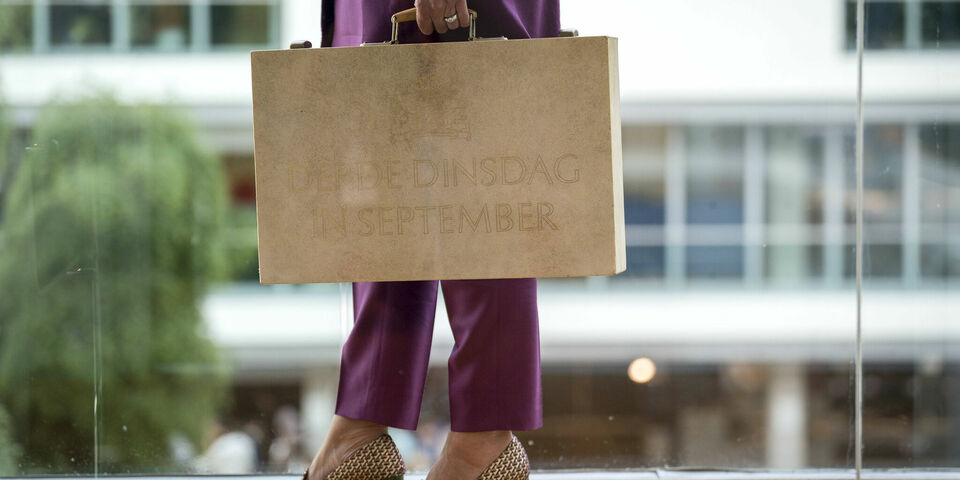There were no major surprises on this year’s Budget Day. The research budgets had already been allocated last spring, and the basic student grant increase had been in the news earlier this month.
Basic student grant
The basic grant for students in higher education will make its return in September 2023. Students living at home will receive 110 euros a month, while the grant for students living away from home will be 274 euros.
The monthly amount for students living away from home will immediately be raised by 165 euros, according to the new state budget. This additional support will be available for one academic year and is set to cost the treasury around 500 million euros. Over a twelve-month period, students living away from home will save almost 2,000 euros thanks to this temporary scheme.
If students fail to graduate within ten years, they’ll have to repay the additional allowance. This is also true for the standard basic student grant and the public transport pass.
The Cabinet could also have chosen to lower tuition fees, which it did during the pandemic. That would also benefit students who drop out, as well as students taking longer to finish their studies who are no longer entitled to the basic student grant. But this would also benefit students living at home, whose parents are usually the ones paying the energy bills. The government does not want to use the basic student grant to support students living at home.
Benefits
Also relevant for students: the healthcare benefits are being increased. Most students currently receive 1,332 euros in yearly healthcare benefits. This was supposed to be raised to 1,438 euros under previous plans, but thanks to a new purchasing power relief package worth billions of euros, the amount for 2023 is now 1,850 euros.
Still, the government is unwilling to make energy allowances available to students, even though a student in Nijmegen recently won a court case in which he demanded access to the scheme. According to the government, this legal victory only shows that municipalities should offer students a “reasonable alternative” in case of emergency, in the form of individual special assistance.
The government is allocating an extra 35 million euros to make this possible, hoping that the special assistance will allow municipalities to prevent large numbers of students from applying for the energy allowance.
Research grants
Next year, universities will receive 300 million euros for start-up and incentive grants: working capital for researchers. One half will go to permanent contracts for new university lecturers, the other can be spent freely.
The budget also lists ‘sector plans’: strategies to be drawn up by degree programmes and researchers from different institutions to strengthen teaching and research. To qualify for this funding, universities must give out more permanent contracts. The budget doesn’t list a specific amount for this item, but earlier Minister of Education Robbert Dijkgraaf announced that he would reserve 200 million euros for this.
Higher professional education
Universities of applied sciences will receive 100 million euros to do applied research. Another important item is the money being allocated to the ‘vitalisation’ of depopulating regions, where universities of applied sciences are expected to attract fewer students. These include the Achterhoek, East Groningen and South Limburg. An annual budget of 25 million euros has been earmarked for this.
Last spring
Minister Dijkgraaf had already announced most of these plans last spring. Some budget items have no end date and constitute structural investments, while others will expire after ten years or some other fixed period. Most of the relief measures will only be in place for one year.
Windfall
The budget also contains a notable windfall: fewer students are expected to enrol in universities of applied sciences, saving the government an estimated 138.6 million euros each year.


Discussion